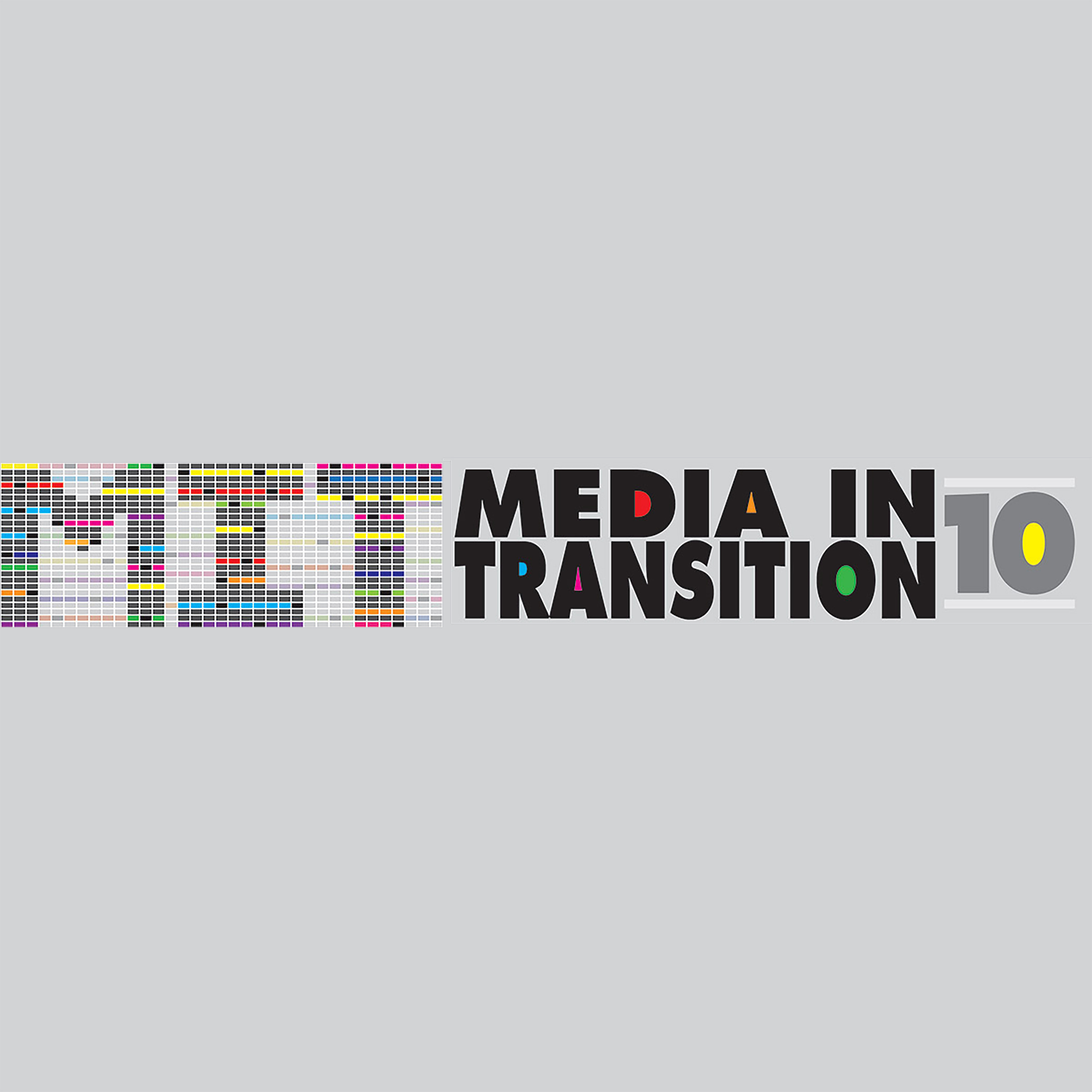Remarks By Conference Planning Committee Member Professor Lisa Parks

b'In 1998, MIT\\u2019s Comparative Media Studies program held the first Media in Transition (MiT) conference and inaugurated a related book series. Research from that first MiT conference appeared in Democracy and New Media, Jenkins & Thorburn, eds., (MIT Press, 2003). Now, twenty years later, we are organizing the 10th iteration of the event. Much has changed over these two decades, but the theme \\u201cdemocracy and digital media\\u201d is as urgent as ever. Twenty years ago there was no Facebook, Twitter, or Netflix. iPhones and Samsung Galaxies had not yet hit the shelves. And Siri and Alexa were still in development. Since 1998, media have undergone major transition. We have witnessed a shift from Napster to Spotify, from Web 1.0 to 2.0, from CU-SeeMe to Twitch TV, and beyond. We have experienced the rise of social media, civic media, algorithmic cultures, and have seen ever greater concentration of media ownership. The events of 9/11 catalyzed intensified state surveillance and privatized security using various media technologies. Undergirding these shifts have been major transformations in global media infrastructure, the platformization of the Internet, and the ubiquity of the mobile phone.\\n\\nIn the US, we also have seen changes in the news ecosystem with the likes of ProPublica and community engagement journalism. At the same time, public trust in media has dropped from 55% in 1998 to 32% in 2016, according to a Pew report. For better and worse, a growth of interest in media ritual and a decline in the more familiar transmission paradigm is underway. Given such changes, concepts of participation, trust, and democracy are increasingly fraught and have been powerfully repositioned. How will our news media look and sound in the next decade? What can we learn from news media of the past? What can international perspectives reveal about the variability and plasticity of media landscapes? How are non-traditional sources of learning, knowledge production, and participation reshaping civic spheres?\\n\\nWe are interested in how these issues play out across media, whether as represented in television series and films, or enacted in rule set and player interactions in games, or enabled in community media, music, social media, and talk radio. We welcome research that considers these issues in public media and commercial media, with individual users and collective stakeholders, across media infrastructures and media texts, and embedded in various historical eras or cultural settings.'